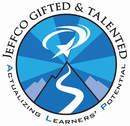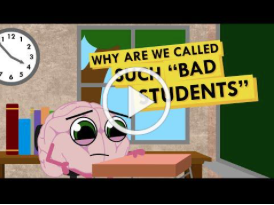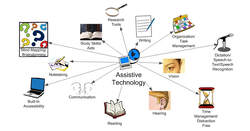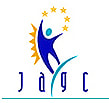- Home
- ABOUT
- NEWSLETTER
-
RESOURCES
- Looking for Help? Contact JAGC
- Is My Child Gifted?
- Elementary school
- Middle & High School
- 2e - Twice Exceptional
- School Staff Help For Social/Emotional Needs
- Mental Health Resources
- School Options
- Town Hall Recordings
- Websites, Books, Organizations
- School Accountability Committees
- Taking the PSAT
- Examples of Student Introductions for Teachers
- JAGC Handouts
- Summer Programs
- CALENDAR
- PARTICIPATE
- Home
- ABOUT
- NEWSLETTER
-
RESOURCES
- Looking for Help? Contact JAGC
- Is My Child Gifted?
- Elementary school
- Middle & High School
- 2e - Twice Exceptional
- School Staff Help For Social/Emotional Needs
- Mental Health Resources
- School Options
- Town Hall Recordings
- Websites, Books, Organizations
- School Accountability Committees
- Taking the PSAT
- Examples of Student Introductions for Teachers
- JAGC Handouts
- Summer Programs
- CALENDAR
- PARTICIPATE






